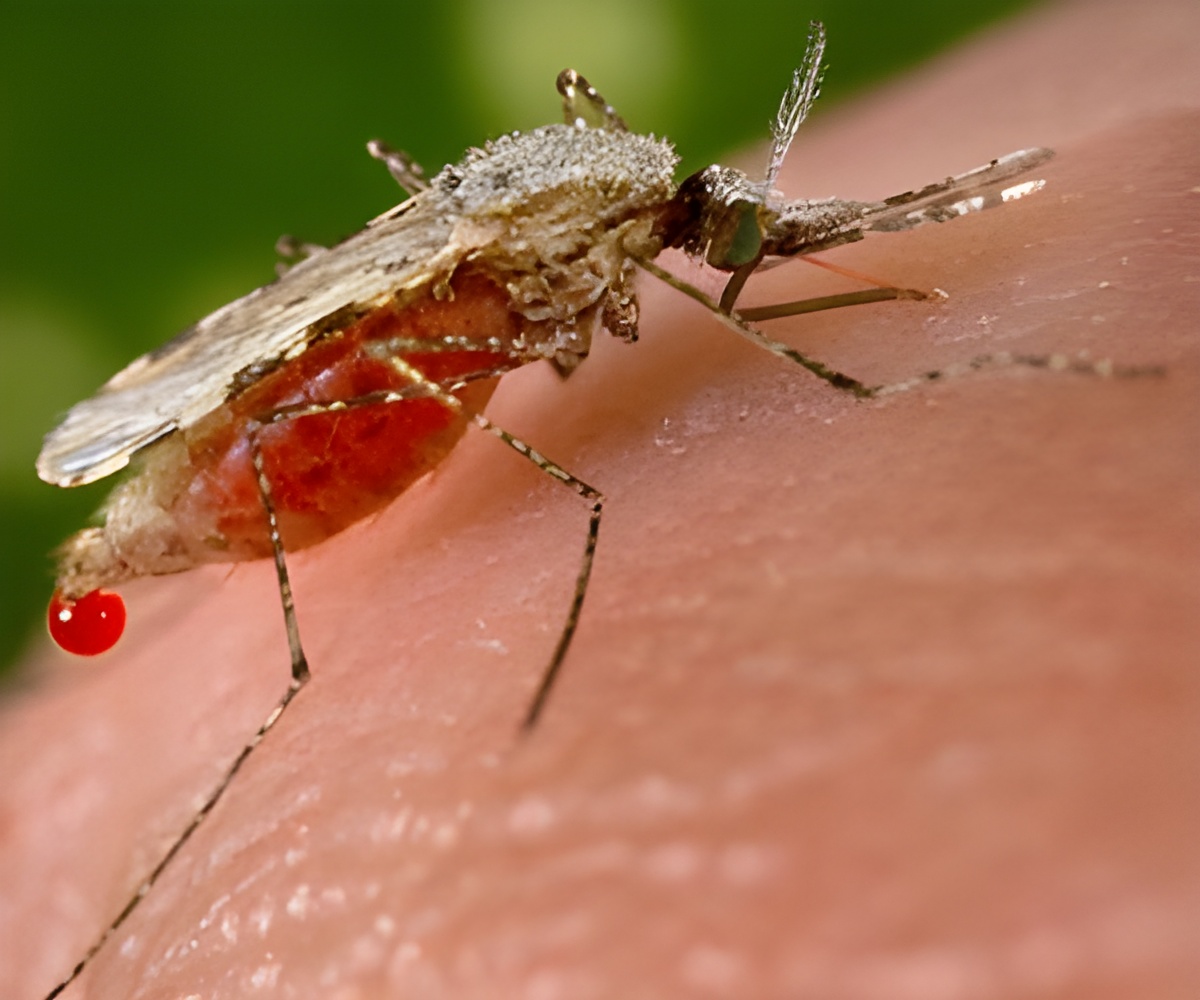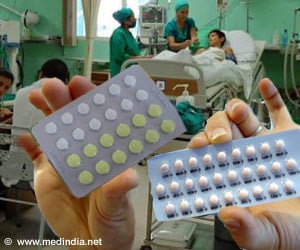Malaria turns out to be a global menace affecting 1 billion people every year with 500,000 children dying due to the disease.

- Eradicating malaria and ridding people of the poverty-driven disease that affects many people across the world, and the UK in specific
- Combining the expertise of British researchers with public and private funding to leverage greater focus and advanced research practices
- Harnessing research data to produce newer and improved drug formulations which can limit pandemics and potential epidemic risk
- Launching advanced diagnostics and treatment modalities
The Ross Fund
The fund is named after the pioneer in malaria research, Sir Ronald Ross, a Nobel prize-winning British scientist who disclosed to the world that malaria spreads using mosquitoes as vectors. Sir Ronald Ross undertook the path-breaking research on malaria when working with the Indian Medical association in the then British-led India and was awarded the Nobel prize in 1902, a first for a British.‘Humanity’s Greatest Achievement’
The fund is a commitment by the British policy makers to spend 0.70% of national income on International aid, promoting their interests to fight a disease of global concern. The Bill and Melinda Gates Foundation support numerous charities across the world and with the support extended towards this fund Bill and Melinda Gates hope to fight the global scourge unleashed by the disease. Bill Gates was quoted, as saying that ridding the world of this disease would be one of the humanity’s greatest achievements.- £305 million towards developing new drugs, insecticides and diagnostics for malaria and other poverty-driven diseases like TB.
- £188 million towards diseases that have catastrophic epidemic potential like Ebola
- £200 million towards tropical diseases that are neglected or which lack necessary funds for research and control
- £310 million towards diseases that have developed drug resistance and are therefore difficult to contain or cure.
George Osborne’s Fund Vision Statement
Chancellor George Osborne’s announcement of the £1 billion fund is the result of a massive restructuring of Britain's aid budget earlier last week. The support for malaria is also a consequence of George Osborne’s first trip to Uganda where he promised to spend millions on preventing and controlling the disease.The chancellor has said that he believes in overseas aid in supporting national security as well as the interests of the world.
“Our commitment to spend 0.7% of national income on international aid means Britain can continue to play its part in the fight against malaria and working with the Bill and Melinda Gates Foundation will help us in our joint ambition to see an end to this global disease in our lifetimes,” said George Osborne.
International Development Secretary Justice Greening has stated that the partnering between the UK government and the Bill and Melinda Gates Foundation will help in bringing an end to the terrible disease that causes one in ten child deaths in Africa and costs the continent £8 billion every year.
Though the number of cases affected by malaria has fallen by a third since 2010, the chancellor hopes to arrest the spread of the disease, leading to complete eradication, thereby saving many lives. The chancellor has been committed towards the control of malaria since 1997.











